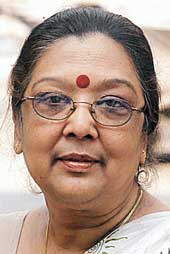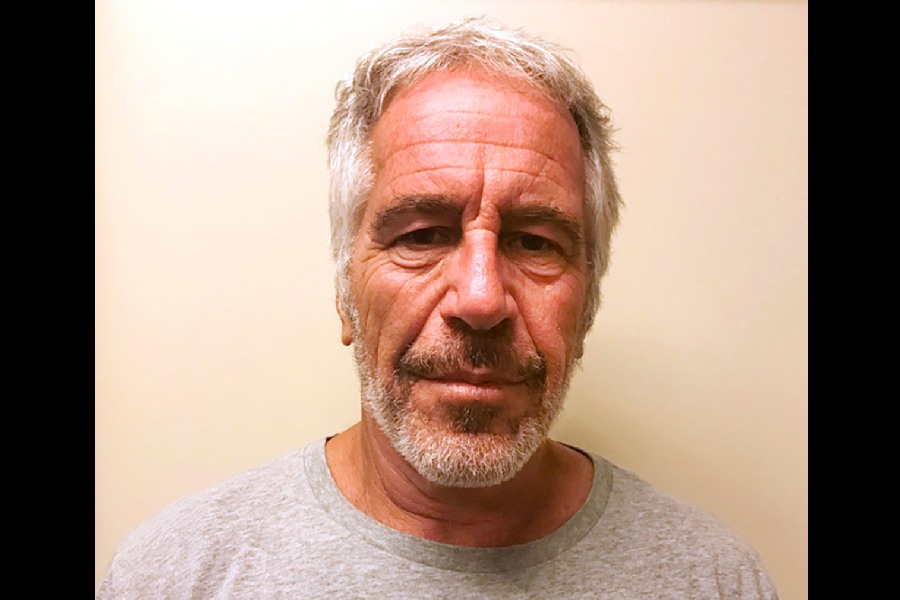 |
MALAY PATRA, secretary, Indian Medical Association, Bengal branch, met readers of The Telegraph at Behala Vidyasagar Hospital to answer their queries. Participants included Seema Bakshi, Arpan Chatterjee, Kamal Kanti Mondal, Surajit Guha, Gopal Chandra Dutta, Tushar Kanti Patra, Swapan Nag, Diptendu Bikash Sengupta, N.K. Haldar, Arun Nandi and Rabin Sen
Surajit Guha: As per the proposed amendments in the Clinical Establishment Act, nursing homes are required to register with the local authorities every year. Even private practitioners will have to do the same, in addition to normal registration. Will this be implemented?
The government wants to amend the act to earn more money. We are opposing it so that doctors are not hassled unnecessarily. Similarly, it is pointless to force a nursing home to register every year.
Gopal Chandra Dutta: Many doctors carry on private practice even though they take home non-practising allowances. How can this be stopped?
Any doctor who gives a declaration that he will not pursue private practice and then flouts it can be legally penalised.
Tushar Kanti Patra: Some claim that doctors must not be arrested even if they commit an offence.
Doctors are not above the law. Our demand is that before taking any steps against a doctor, proper investigation be carried out.
Swapan Nag: The government always says that health cannot be treated like any other commodity, yet it is now encouraging private entrepreneurs. How do you reconcile the two?
Yes, the government has adopted a dual policy in the healthcare sector.
Swapan Nag: What do you make of the government move to hike medical fees?
The government, which has always maintained that medical fees must not be raised, has done just that. Now, after increasing the tuition fees, it is trying to lower them.
Swapan Nag: To avert any danger, laparoscopy should only be performed by experienced doctors. Is there any plan to impart proper training for this?
Initiatives were taken at the state-level, but they were not enough. If anyone wants specialised trained in laparoscopy, arrangements can surely be made.
N.K. Haldar (superintendent, Vidyasagar Hospital): The relation between a doctor and a patient has undergone a sea change. Now, a doctor is even blamed for things beyond his control, like a fee hike. How can the attitude be changed?
The relation between a doctor and a patient depends largely upon personal attitude. Doctors must ensure that a decorum is maintained. Also, the demand for better treatment has grown. This has been fuelled by politicians claiming that hospitals are providing much better services while, in reality, this may not be the case. And people do not seem to realise that doctors have to work under severe constraints in state-run hospitals.
Arun Nandi: Should the government’s proposal to empower panchayats to deal with health-related affairs be implemented? Also, do you support the move to abolish the system of appointing doctors on contract?
Panchayats may be equipped to deal with administrative matters, but we do not think it would be wise as this requires specialised skills. As for the contract system, it must be reviewed carefully before any step is taken to abolish it.
Rabin Sen: The government is working on a proposal to withdraw MBBS doctors from rural health centres and replacing them with homoeopaths, ayurved practitioners and kabirajs. Is this advisable?
The proposal must be studied carefully. If a disease takes a serious turn, it will be difficult for any non-MBBS doctor to tackle it.
Rabin Sen: Most health centres are short of doctors because the public service commission is not conducting examinations regularly. How can this be rectified?
This is a chronic problem. Every year, a number of doctors clear the MBBS exams but only a few go to the rural health centres. If the commission conducts the exams every year, a number of doctors can be posted at the health centres where their services are required urgently.
(Concluded)










